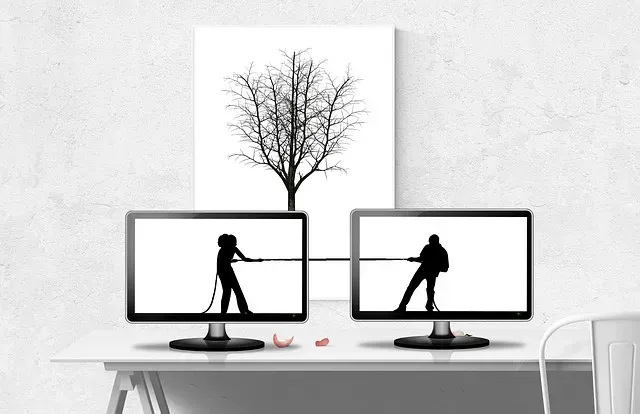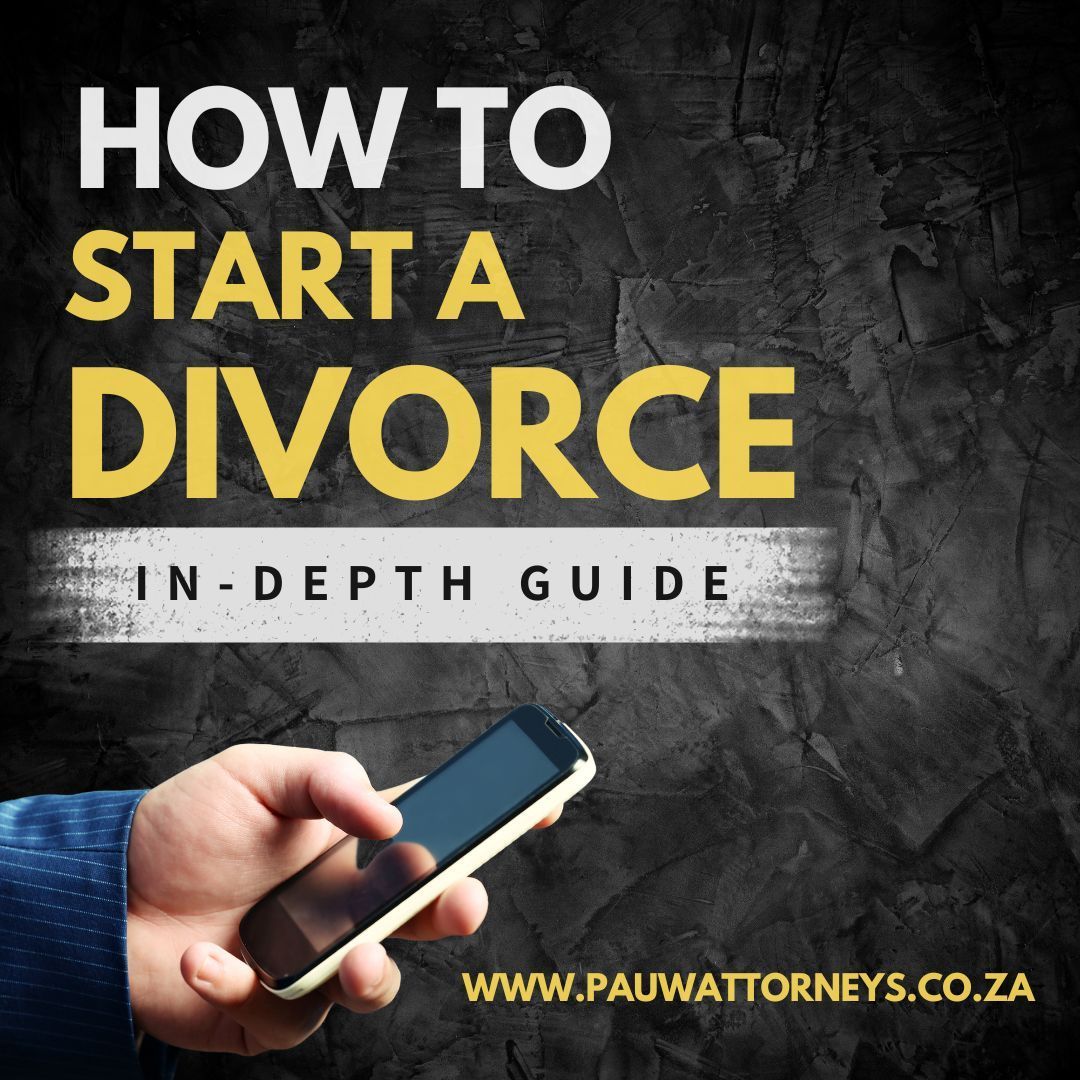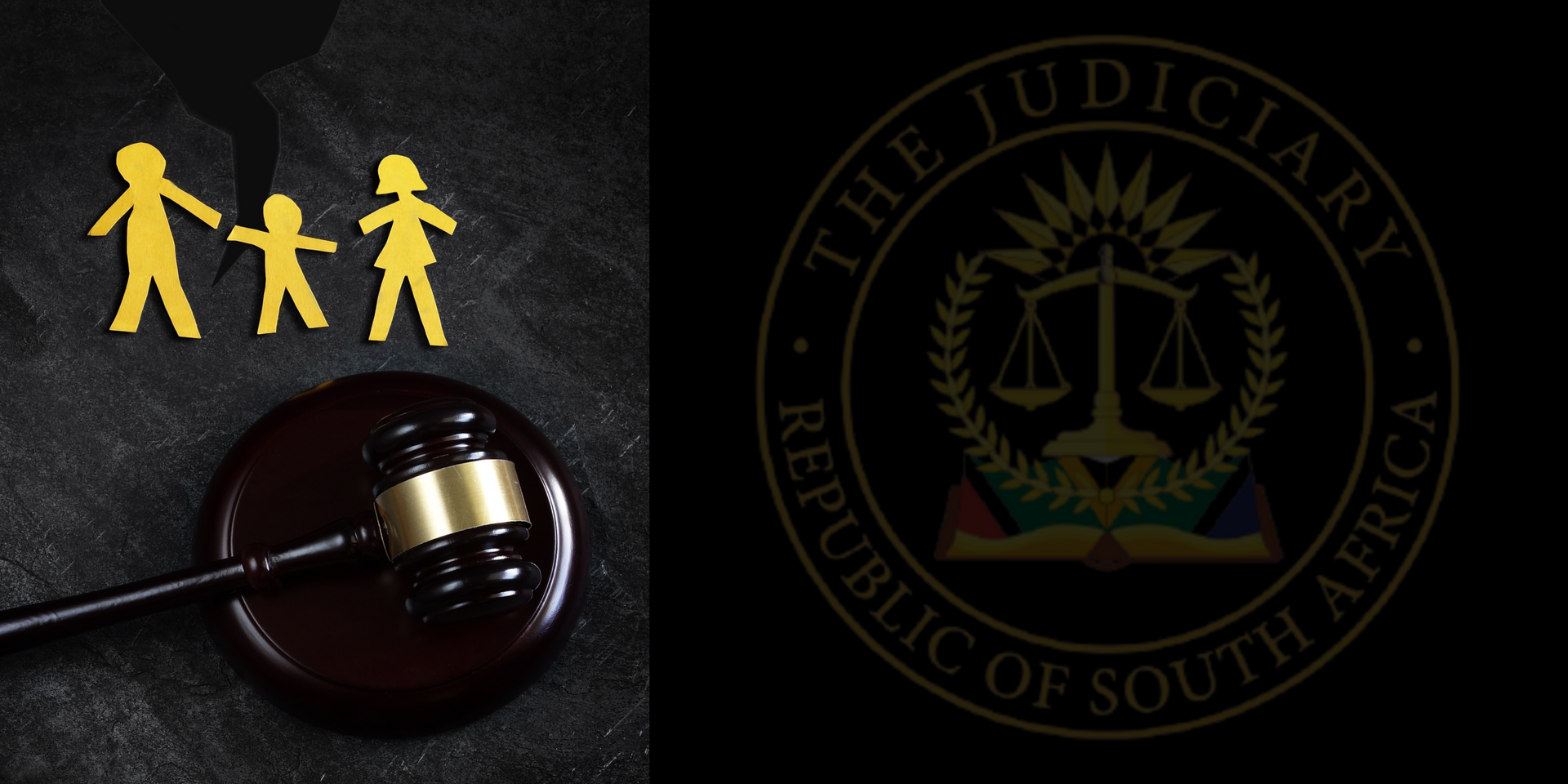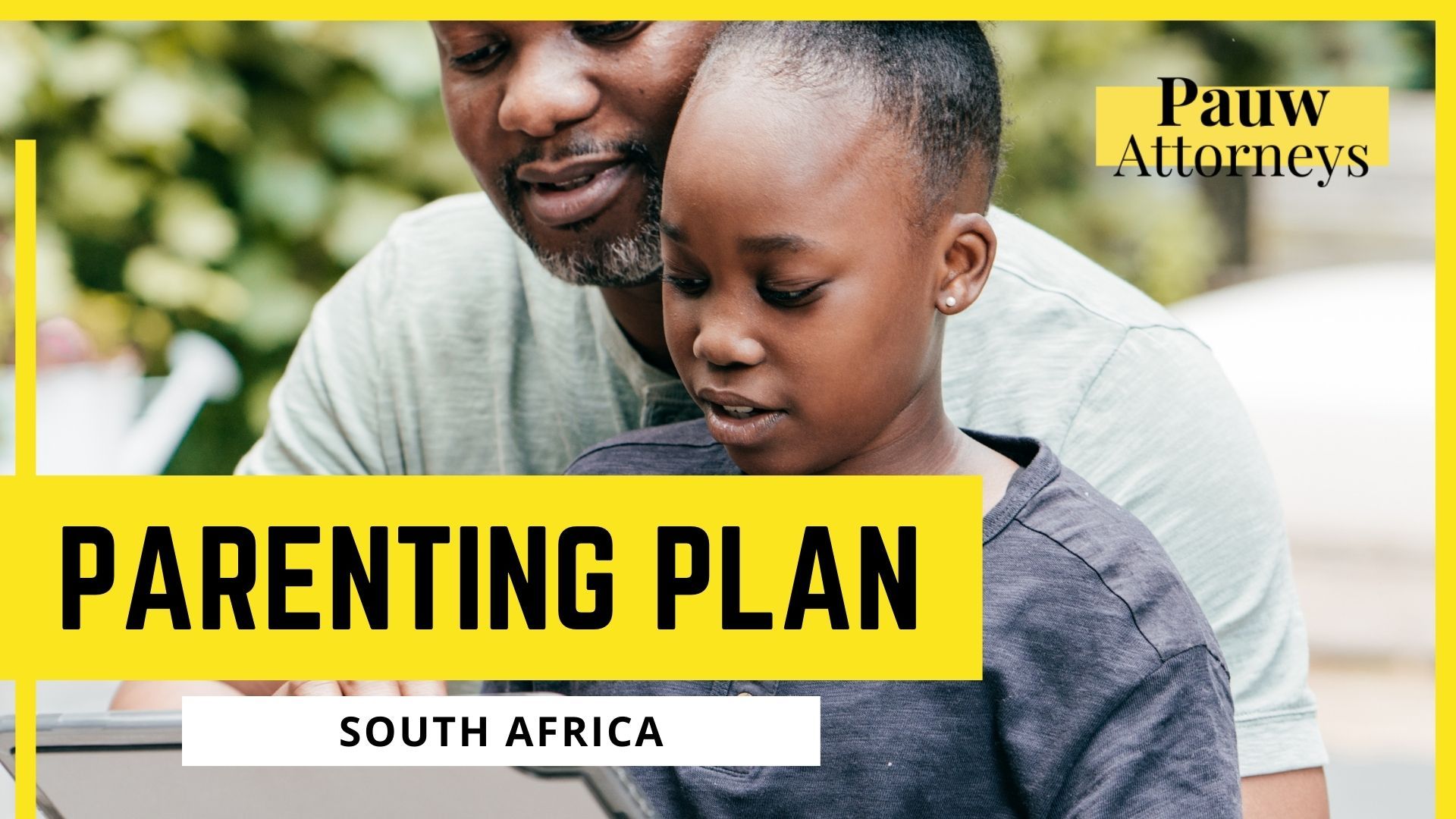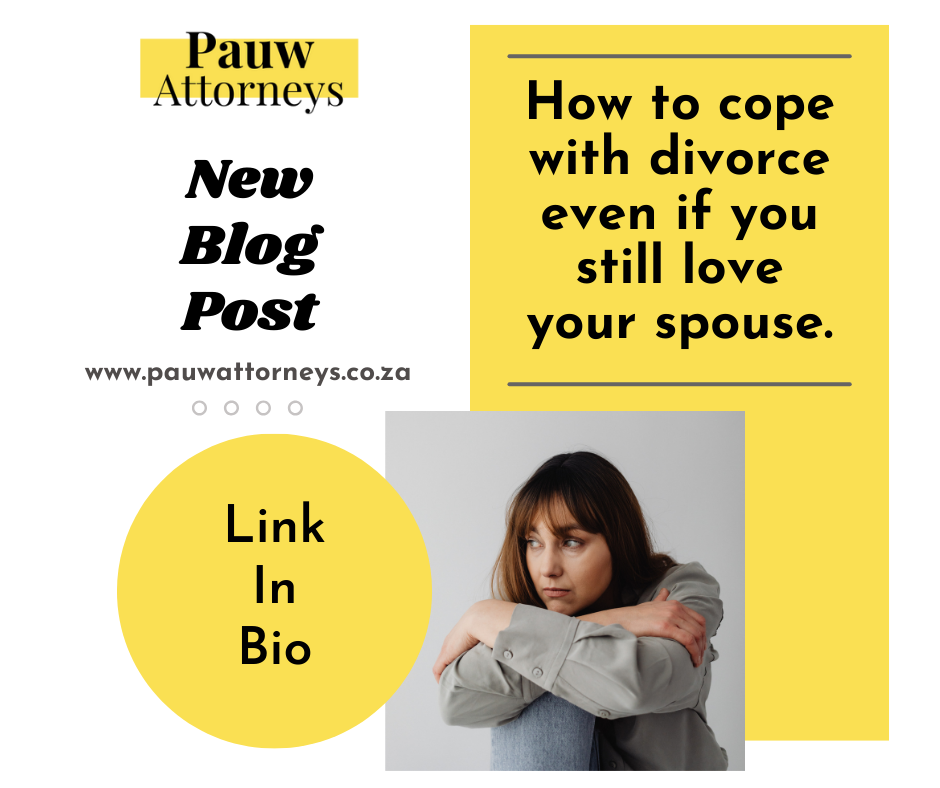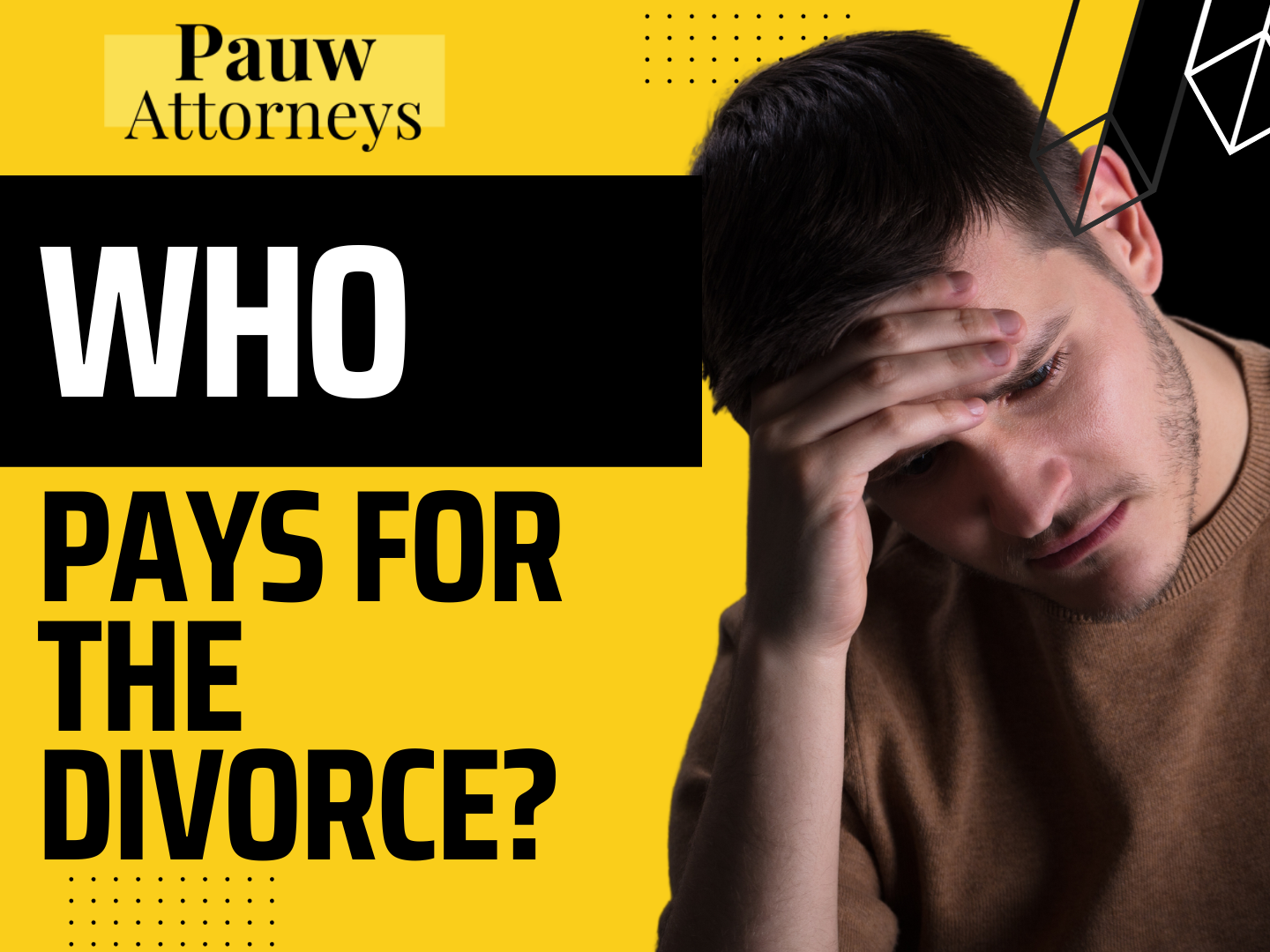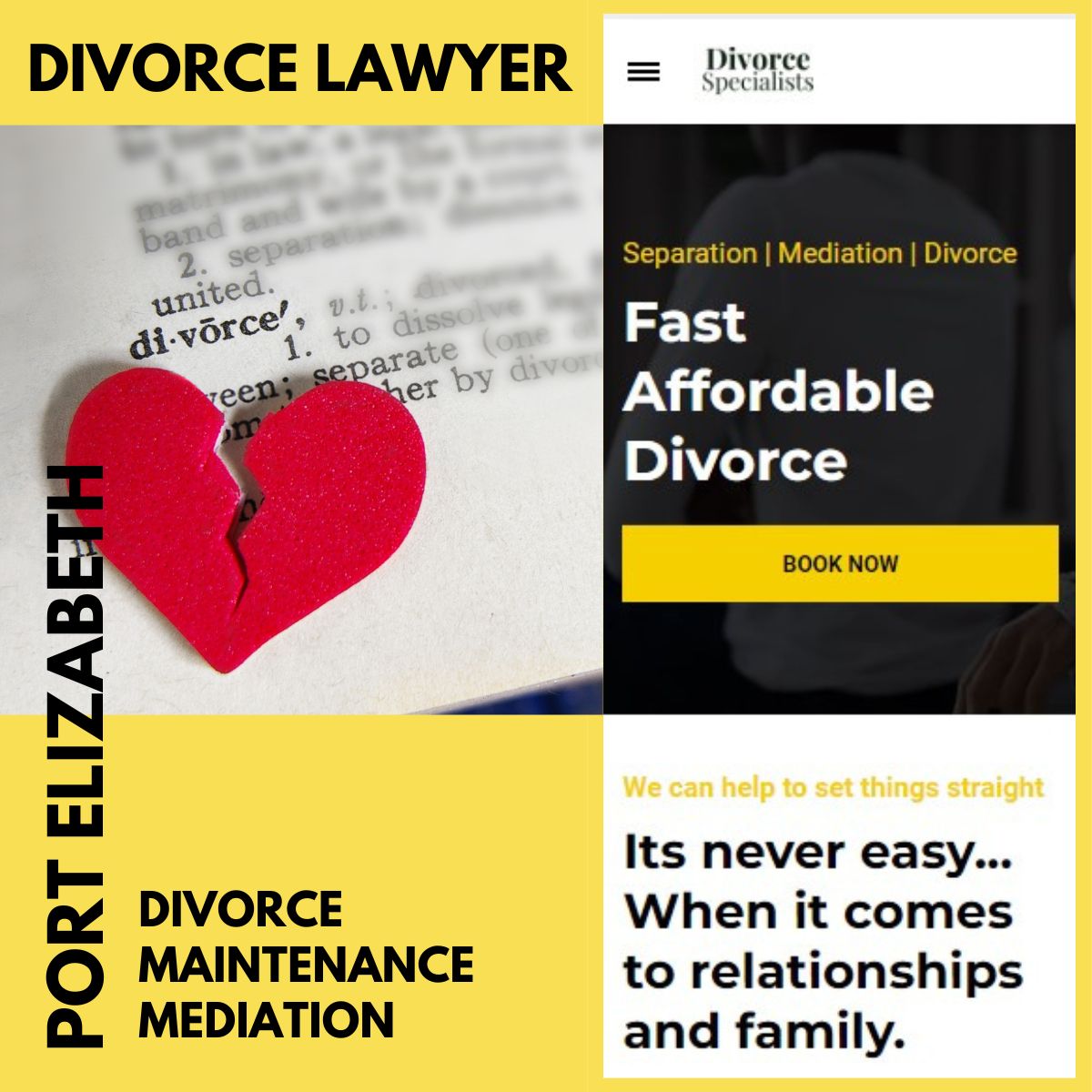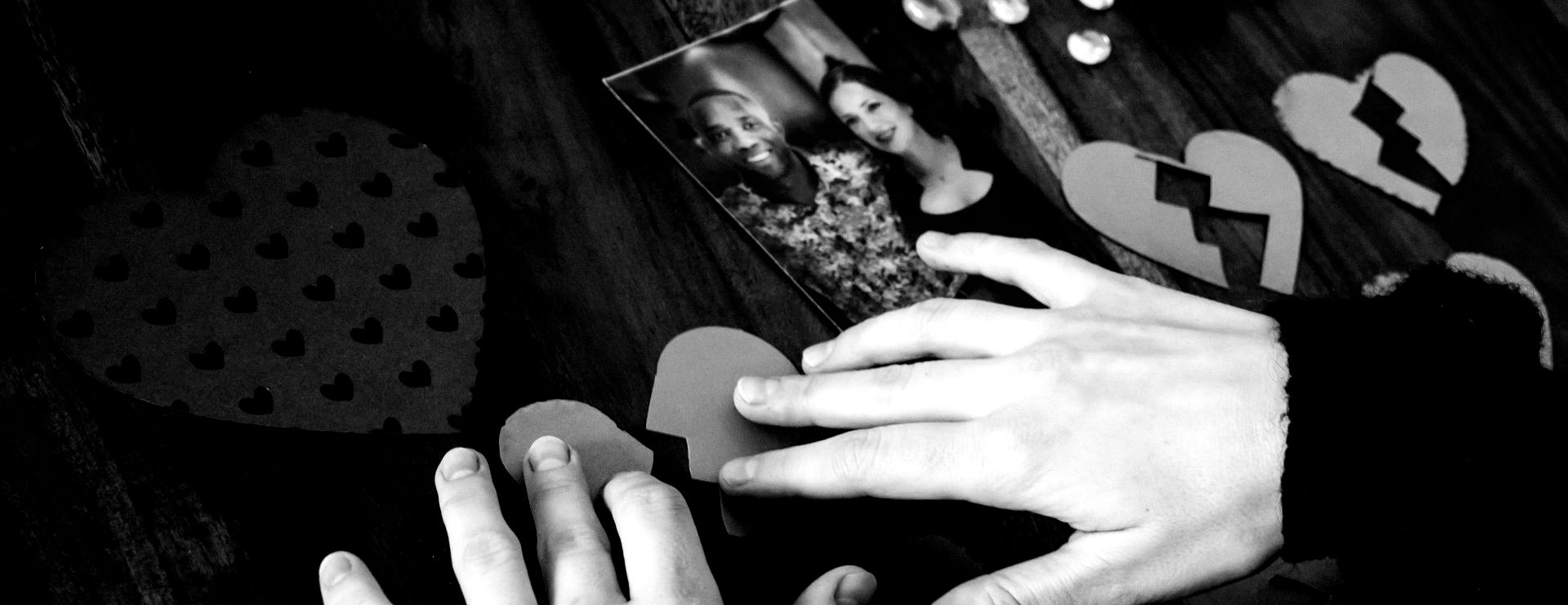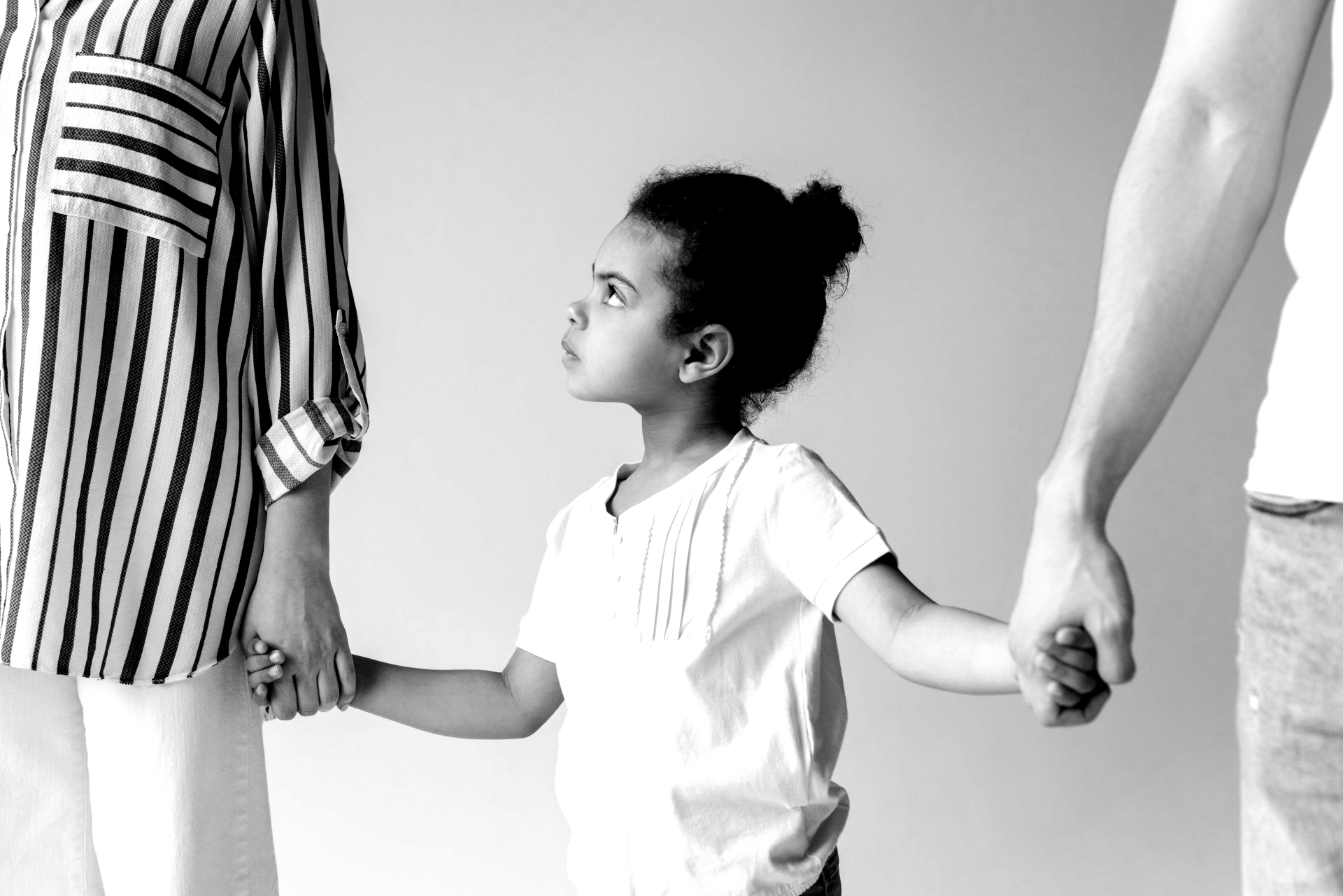Emotional Justice Unveiled: A Comprehensive Exploration of the Divorce Landscape in South Africa, Offering Insights and Guidance for Navigating Marital Dissolutions with Compassion and Empathy.
If You File for Divorce, Will You Get "Emotional Justice"?
A divorce, by its very definition, causes disruption in a person's life. It is possible for a person to feel some of the most powerful emotions they have ever felt as a result of it, including sadness, grief, anger, frustration, and despair, and sometimes even blame, shame, guilt, humiliation, rejection, hopelessness, or the desire for vengeance. Even couples who are able to divorce civilly will inevitably experience the emotional fallout.
Unfortunately, you're not likely to find what you're looking for in court.
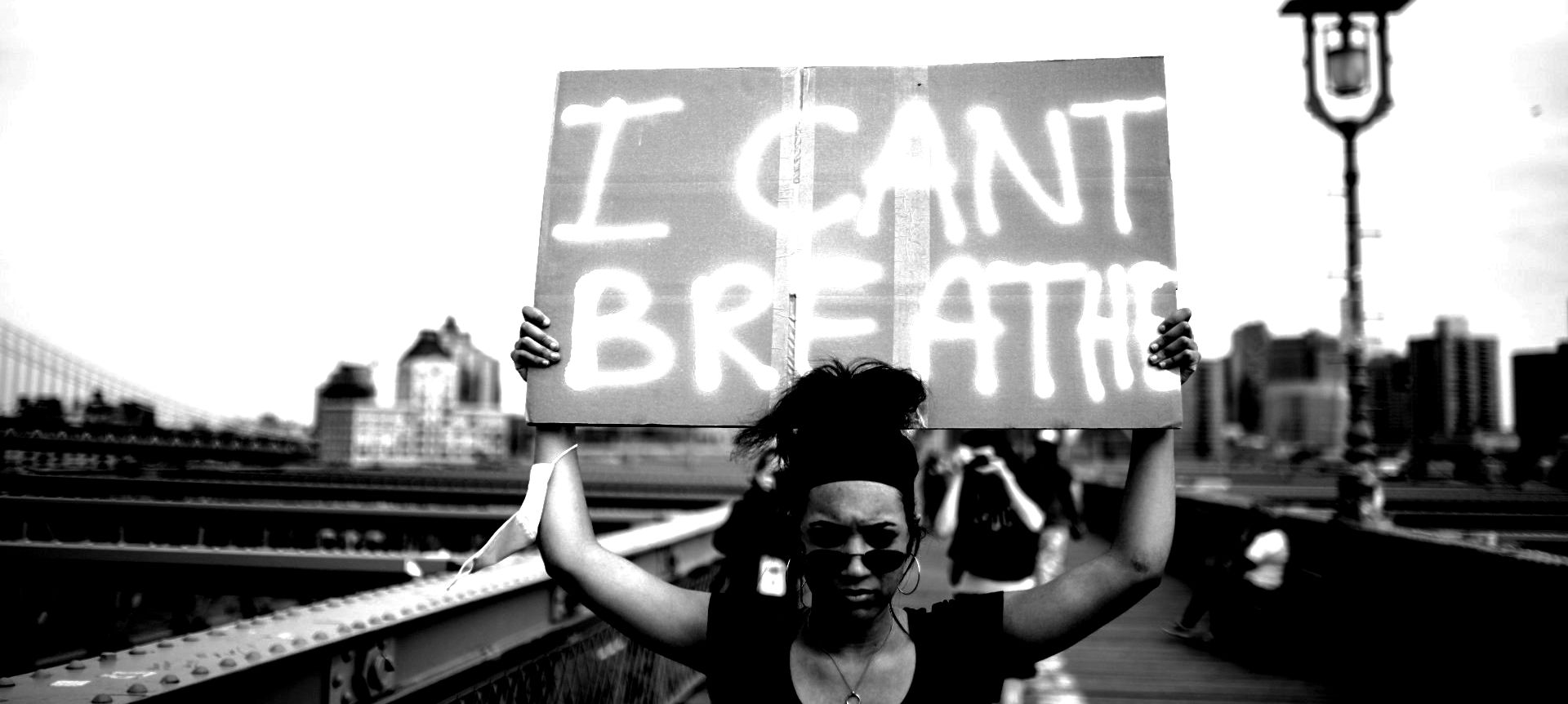
What exactly is emotional justice?
When it comes to divorce, what exactly is "emotional justice"? It occurs when a person seeks justice or retribution from the legal system. It is a deep desire to have perceived wrongs righted and feelings validated in a court of law. And sometimes it's the desire to punish your ex-spouse for your marriage's failure.
The difficulty with seeking emotional justice is that it is largely elusive. Infrequently does a litigated divorce result in a sense of fairness. Rarely can one find emotional closure in a courtroom.
Facts, not feelings
Emotional turmoil drives couples more than legal issues. Emotional attachment to rightness drives most divorce cases to trial. The courts focus on divorce law, not emotion.
Many couples divorce without understanding the court's role. Courts aren't meant to punish "bad actors" or reward "good spouses." Divorce court rarely punishes. A divorce judge decides property and asset division, child and spousal support, and child custody and visitation. If violence or substance abuse endanger children, parents may be fined or lose custody. Courts mostly base their decisions on legal documentation and facts.
Immorality plays no role.
A judge, only in extraordinary cases, consider the moral failings of either party in a divorce case. Judgments, such as property distribution, must be made objectively and without bias by the judge. This means that expecting a judge to rule in your favor simply because you told them your side of the story is a fallacy. Most of the time, you won't even get to tell the judge your side of the story.
Divorce proceedings are dragged out by litigation, which not only adds to the stress of trying to work through strong emotions while trying to do so (for months and even years). It's also very costly. Any time you or your lawyer must show up in court, you'll have to shell out money for lawyers, court costs, and lost wages. The whole thing is frustrating and counterproductive to settling on a common ground. It's a well-known fact that many divorce cases serve to inflame marital animosity.
If you want to get a divorce, basing your strategy on seeking emotional justice can be a short-sighted and counterproductive approach. People frequently engage in conflicts that cannot be won and cling to ideals that are impossible to achieve. This exacerbates the emotional harm that has been done to them. During everything that is going on, they lose sight of the overarching goal, which is to terminate their marriage contract and move on with their lives. As you can see, the pursuit of emotional justice in the legal system results in no one truly "winning."
Consider using a mediator to settle disputes.
While it may be tempting to seek emotional justice in court, you are better off (in most cases) keeping the divorce process out of court. Mediation is a better way for many divorcing couples to deal with some of their divorce-related emotional issues. An impartial mediator moderates the dialogue between you and your spouse as you work together to resolve disputes and find solutions during the mediation process. The mediator does not speak for either of you. Rather, they are invested in developing a solution that meets both your joint and individual objectives. And they offer their legal expertise to assist you in getting there.
Through the process of mediation, you and your former partner will have the opportunity to craft an outcome that is guided but not constrained by the family law rules of your state. By working together to create an arrangement that is specific to your lives and the challenges you face, you and your family can determine what is in everyone's best interest.
Getting what you feel you need emotionally
Even if you settle your divorce through mediation, you might still have strong or unresolved feelings about your ex-spouse. So, where do you go to get the emotional justice, you want? You get it from you. In the end, the only place where emotional relief or peace can really come from is inside. Even though it might not feel like it, you are in the best place to heal from your divorce. It's not easy to get over a divorce. It takes a lot of introspection and hard work. The first step is to stop looking for justice somewhere else. It means turning inward and doing the hard work of processing your emotions. This means really feeling all of them, including anger, grief, hurt, depression, and so on, and then letting go of them. It means that you have to accept that your marriage ended the way it did and find meaning in it. For true emotional freedom, you have to grow and change as you go through pain. When you do, you'll be ready to move on to the next part of your life.
In the End You live with Yourself...
Work on forgiving your ex when you are ready (there is no need to rush), and work on forgiving yourself for whatever "junk" you brought into the relationship as well. Keeping a grudge won't change the past, but it will keep you stuck in the past and prevent you from moving on. It may also put a burden on your children. It is important to forgive as much as you can because forgiveness restores your power (and hopefully a sense of justice), and it can be the most helpful tool in the process of your emotional and physical healing.

















